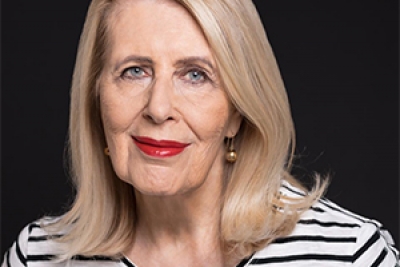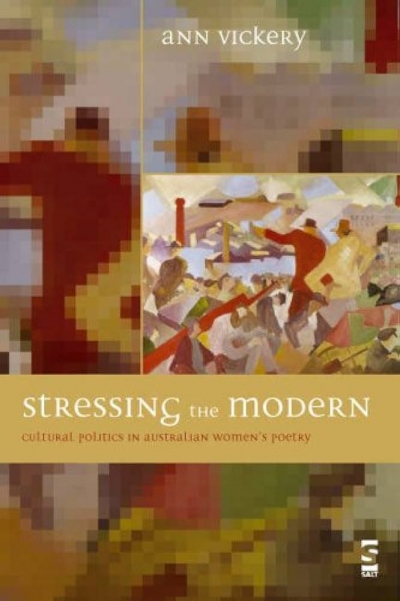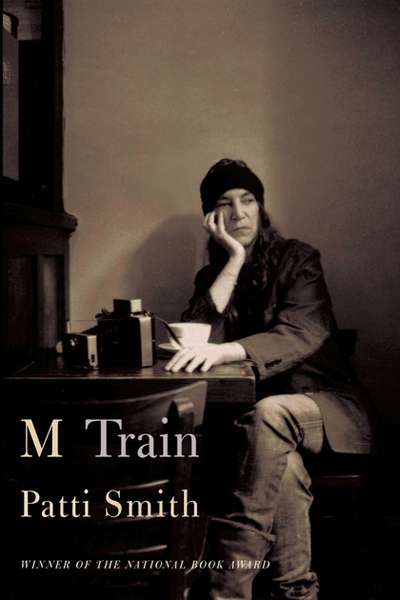Accessibility Tools
- Content scaling 100%
- Font size 100%
- Line height 100%
- Letter spacing 100%
Current Issue
Short story
Jolley Prize 2011 (Winner): 'The Neighbour’s Beans' by Gregory Day
In the weeks and months after his Moira died he’d whittled off the callers, one by one, until even gentle Dave O’Donnell, his oldest friend, felt like a stranger when he came by to drop off a family-size pie. This was an unlikely turn of behaviour. In the resolute stare he gave Dave at the side door of the house, there was a grief that could brook no niceties, despite their history together. Dave wouldn’t be coming in. All the tasks and laughter the two old men had shared over the years became just a dwindling sound on the doorstep between them, an echo like they used to hear from currawongs under the bluestone bridge, when dusk settled in and rain was on the wind and they were called home by their mothers for tea.
Commentary
Stanner in reverse
Clare Wright’s letter in response to Bain Attwood (ABR, August 2023) should profoundly disturb and unsettle anyone in this country concerned about the survival of active, rigorous, and engaged historical scholarship.
The ABR Podcast
PODCAST
The ABR Podcast
The ABR Podcast is released every Thursday and features reviews, poetry, fiction, interviews, and commentary. Subscribe via iTunes, Google, or Spotify, or your favourite podcast app.
Interview
Open Page with Anne Summers
Interview
Jonathan Galassi is Publisher of the Month
Interview
Open Page with Linda Jaivin
From the Archive
Letter from Iberia
You are going to Singapore, they said. Yes, but which way? was the natural response. If I’m flying to the island-city, my flight should take in something with a more exotic range of scenery, perhaps even a sniff of nature. Birds and stuff. So the painter and I decided on Portugal: and why not throw in Spain? My own travels had never taken me further than Catalonia, which so determinedly is, and is not, Spain. Off, then, for the long flight west with good books and red wine; en route I looked down on Cairo for the first time in my life. The Ptolemaic map of lights spread out as though forever.
From the Archive
Multiple modernisms
I have commented before in ABR that literary criticism is a rara avis in Australia’s publishing world, so perhaps it is not surprising that Ann Vickery has had to find an overseas publisher for this important contribution to Australia’s literary and cultural history. Whatever its provenance, I have a particular reason for welcoming this contextualising study of the work and times of six women poets of the early twentieth century: Mary Gilmore, Marie Pitt, Mary Fullerton, Anna Wickham, Zora Cross, Lesbia Harford and Nettie Palmer.




























